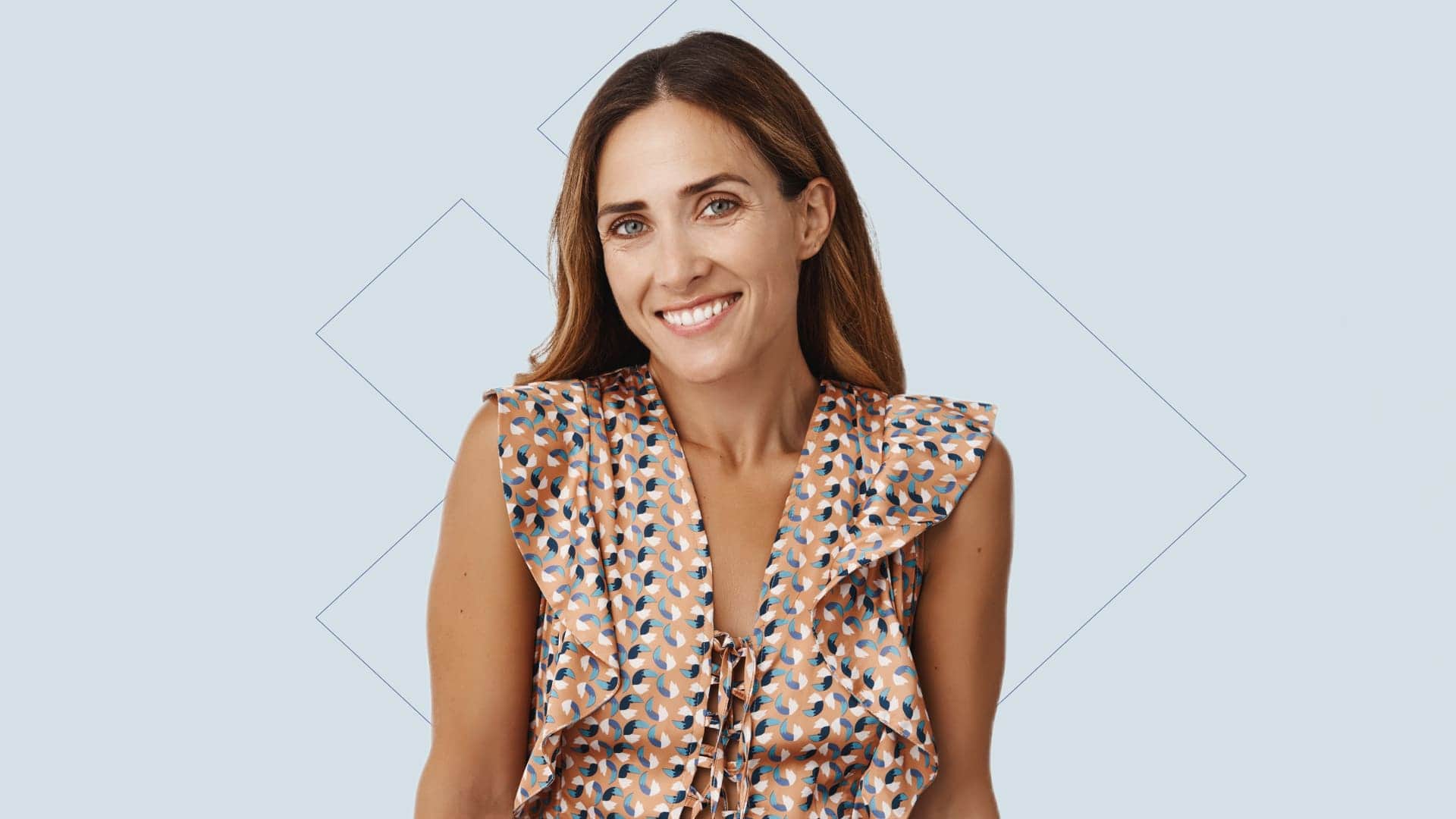Last reviewed on April 26, 2024
Portugal D7 visa
The Passive Income Visa for moving
to the ocean, travel and citizenship in 5 years
€820 per month
Minimum applicant’s income
4+ months
Obtaining period
5 years
Residing to qualify
for citizenship
The Portugal D7 visa, also known as the Passive Income Visa, is issued to financially independent foreigners. For example, pensioners and investors can qualify for a visa.
Article 58 of Law No. 23/2007, dated 04.07.2007, provides the visa rules.
Only foreigners from non-EU countries can apply for a Portugal D7 visa.
Applicants buy or rent residential properties in Portugal to get the D7 visa. They also prove a passive income of at least €820 per month.
After the D7 visa, a cosmopolitan gets a 2-year residence permit with the right to work in Portugal.
Residents must spend at least 16 months over two years in the country to keep their status.
Benefits of the Portugal D7 visa
1
Moving to Portugal at the lowest cost
The cost of obtaining a D7 visa is lower than participating in the Portugal Golden Visa program. The applicant only buys or rents housing and confirms a monthly passive income of at least €820. The income must come from abroad. To get a D7 visa, the applicant doesn’t need to invest at least €250,000 in the country's economy.
The cost of obtaining a D7 visa is lower than participating in the Portugal Golden Visa program. The applicant only buys or rents housing and confirms a monthly passive income of at least €820. The income must come from abroad. To get a D7 visa, the applicant doesn’t need to invest at least €250,000 in the country's economy.
2
Visa-free travel across the Schengen Area
Portuguese residents visit other Schengen countries freely. In addition, they can stay in another region’s state for up to 90 days in half a year.
Portuguese residents visit other Schengen countries freely. In addition, they can stay in another region’s state for up to 90 days in half a year.
3
Working or running a business in Portugal
Foreigners who have obtained D7 visas acquire Portugal residence permits. After that, they may work and open companies in Portugal.
Foreigners who have obtained D7 visas acquire Portugal residence permits. After that, they may work and open companies in Portugal.
4
Access to quality education and healthcare
Residents can educate their children in Portugal’s schools and universities. Also, all family members may get medical treatment in the countries’ clinics or visit medical facilities in other Schengen states using the card for visa-free travelling.
Residents can educate their children in Portugal’s schools and universities. Also, all family members may get medical treatment in the countries’ clinics or visit medical facilities in other Schengen states using the card for visa-free travelling.
5
A convenient path to a residence permit
Applicants mustn’t look for a job or present a business project to get a D7 visa. The procedure may be faster than for some other visa categories. Also, one can get Portugal visas for their entire family: a spouse, children, parents and even siblings.
Applicants mustn’t look for a job or present a business project to get a D7 visa. The procedure may be faster than for some other visa categories. Also, one can get Portugal visas for their entire family: a spouse, children, parents and even siblings.
6
Portugal citizenship in five years
A Portuguese resident can apply for permanent residence or citizenship after five years of holding a temporary residence permit. In addition, the Portuguese passport allows its holder to travel to 172 countries without visas and live in any EU country.
Portugal allows dual citizenship. The investor doesn’t need to give up the first passport if the home country’s law doesn’t prohibit multiple citizenship.
A Portuguese resident can apply for permanent residence or citizenship after five years of holding a temporary residence permit. In addition, the Portuguese passport allows its holder to travel to 172 countries without visas and live in any EU country.
Portugal allows dual citizenship. The investor doesn’t need to give up the first passport if the home country’s law doesn’t prohibit multiple citizenship.
Portugal D7 visa requirements for applicants

Guide to the Portugal D7 Visa
Step-by-step procedure
Requirements for applicants
Required documents
Answers to frequently asked questions
Property and minimum passive income requirements
The investor buys or rents a property in Portugal. There are no limits for property cost and location, but the area must be enough to accommodate the main applicant and their family.
The applicant’s minimum passive income is tied to the minimum salary in Portugal. In 2024, it is €820 per month. If the investor’s family members get visas too, the income for a spouse or parent is 50% of the investor’s and 30% for a child.
The regular legal passive income in another country qualifies for the D7 visa. The income can be dividends, interest, royalties, pensions or rentals.
Portugal D7 visa cost for an investor
The D7 visa cost depends on the number of applicants and the type of real estate — rented or purchased. If the applicant purchased the property, they pay the stamp duty and annual property tax.

Individual cost calculation for a Portugal D7 visa
Get an individual calculation for your family with all associated costs and government fees
Comparing D7 Visa and Golden Visa: key differences in residence permits
Wealthy people can get a residence permit by investment or a so-called Portugal Golden Visa. Investors buy businesses, investment fund units, or choose another option. The Golden Visa suits better for investors who do not plan to move to Portugal as it doesn’t require them to reside in the country.
Step-by-step procedure on how to get a D7 visa in Portugal
1 day
Preliminary Due Diligence
A certified Anti-Money Laundering Officer checks information in international legal and business databases. The check helps discover the facts that may affect obtaining a visa and residence permit in Portugal and reduce the risk of refusal. For example, it may be necessary to provide additional documents or choose another program.
The preliminary Due Diligence is confidential and takes 1 business day.
Pass a quick test and learn the nuances that can prevent you from obtaining a second citizenship
Up to 5 business days
Getting a Portuguese taxpayer number
The investor needs a taxpayer number (Número de Identificação Fiscal, NIF) to rent or buy real estate and open an account in a Portuguese bank. In the future, the NIF will be valid for many actions, from making an appointment with a doctor to accessing the Internet.
Non-EU citizens get a NIF through a tax representative in Portugal. The procedure is remote. Immigrant Invest lawyers prepare a power of attorney, under which the Portuguese representative gets a NIF for the investor.
2+ weeks
Opening a bank account in Portugal
The investor needs a taxpayer number and a passport to open a bank account. In addition, the applicant provides documents confirming the money’s legal origin in some cases. The procedure is remote. Therefore, Immigrant Invest lawyers open an account by proxy.
An amount sufficient for the family to live for a year is transferred to the bank account.
Up to 2 months
Purchasing or renting a housing
Immigrant Invest real estate experts offer the investor properties for rent or purchase. The investor picks a property remotely or goes to Portugal to see the options in person.
Buying a property takes up to two months. Renting is faster as the property selection, and paperwork takes several days.
Up to 4 months
D7 visa application process
Documents for visa application include:
an international passport;
a medical insurance policy;
two colour photos;
a police clearance certificate from the country of origin;
a lease agreement or title documents for real estate;
proof of kinship between family members: marriage or birth certificates;
a Portuguese bank statement;
a NIF registration certificate.
Immigrant Invest lawyers help investors and their families collect the necessary documents and fill out forms. Then, applicants submit documents and biometric data to a Portuguese consulate in the country of residence.
A D7 visa is issued within 60 days from the application date.
1 day
Entry to Portugal with a D7 visa
The visa is valid for four months. In the meantime, the investor needs to come to Portugal and apply for a residence permit at an immigration office.
The visa holder can live but cannot work in Portugal. The restriction is lifted when the applicant gets a residence permit.
1 day
Applying for a residence permit
Immigrant Invest lawyers book an appointment at the Portuguese Migration Service (SEF). Then, the applicant submits the documents for a residence permit personally. An Immigrant Invest representative accompanies the applicant.
2+ weeks
Getting a residence permit card
After the application is approved, a residence permit card is sent to the investor’s registered address in Portugal.
The first residence permit card is valid for two years. After that, the investor can extend it for another three years, and then apply for permanent residence or citizenship.
Residence permit and Immigrant Invest stay with you
New duties may arise after getting a residence permit. For example, the investor may need to get a residence permit for a newborn child, buy real estate or apply for citizenship. Let’s talk about how we can help.



























